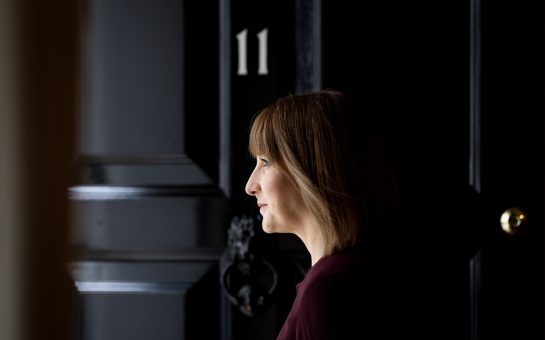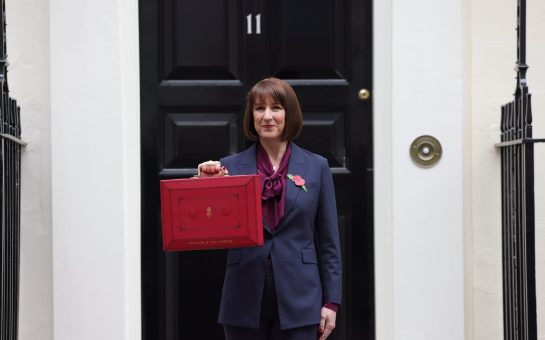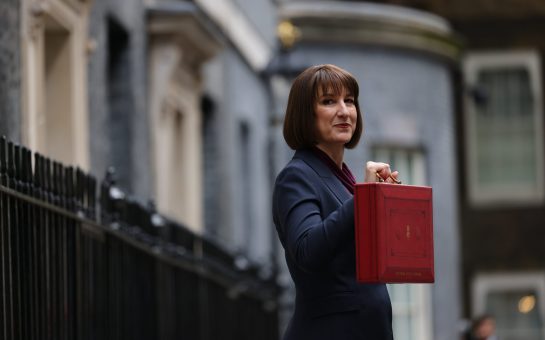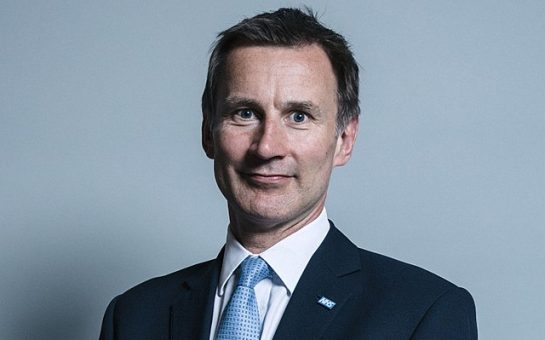“In terms of finances, we’ve been very lucky,” Adele Shone says. She and her husband are around £20,000 down since the start of the pandemic, and their business turned over 90% less in 2019/20 than in the previous year.
It’s not what you’d generally call lucky. But everything’s relative at the moment.
It’s a year since the first lockdown, and it will soon be a year since about three million people, including Adele, were excluded from the government’s Covid-19 financial support package – qualifying for neither furlough nor the Self-Employment Income Support Scheme (SEISS).
The website of ExcludedUK – the organisation campaigning for those affected – is full of disturbing stories of people in truly desperate situations as a result, and Adele is keen to stress that she and her husband have got off lightly.
But their story shows just how arbitrary some of the decisions seem to have been – and the strange message this has sent to business owners and entrepreneurs.
The reasons for exclusion vary. Newly self-employed people haven’t had enough tax data to provide; anyone earning over £50k has been automatically ineligible.
Many people who split their income between employment and self-employment have also found themselves shut out.
Adele, who is 50 and lives in Stockport, still isn’t sure why she wasn’t eligible: “It wasn’t clear from the website why I was excluded – just bang, you don’t qualify,” she says. A range of factors may have contributed, as she was quite newly self-employed and had previously earned money from employment.
She and her husband run a race events company together, and thanks to financial prudence they have been able to live off savings so far.
She’s currently doing some temporary work at a lateral flow test centre, but is determined to get the business up and running again when things reopen.
It would be hard to accuse Adele of financial irresponsibility. Joining a company her husband had previously co-founded, she became a director in 2019, and an accountant advised her to pay herself in dividends.
The business has carefully built up financial reserves. Yet the result of all this has been a set of numbers deemed unworthy of support.
“I haven’t made the wrong choices, but I’m being made to feel that I have,” she says. “You do feel like you’re being gaslighted.”
Eve Dyer, a 20-year-old swimming teacher also in Stockport, has missed out on government support as she went self-employed as recently as February 2020.
She receives a small amount through Universal Credit, but the start of her career, and her financial independence, have been put on hold. She’s currently living with her parents.
“I was hoping to get some money behind me, to maybe save it as a deposit for a house or flat,” Eve says.
“The fact that I’ve not had anything this year, it’s just made me lose a lot of hope on anything to do with Covid or the government now.
“It’s good news that everything’s starting getting back to normal soon, but after what’s happened I can’t let myself look forward to anything too much any more. I just don’t want to end up disappointed again.”
Chancellor Rishi Sunak said in February that the three million figure was “not a number that I recognise,” in the face of criticism from MPs.
His March budget brought an extra year of tax returns into play, but otherwise offered little additional support for those shut out.
In response to the new budget, Sonali Joshi, the founder of ExcludedUK, said in a statement: “ExcludedUK welcomes the extension of SEISS with the inclusion of 2019/2020 tax returns in the calculation of trading profits, for which we have been campaigning vigorously over the last year.
“However, we know that at least 3 million taxpayers and households have been affected and even with this further support it does not account for this last year of decimated incomes and businesses for those who are now included, for whom this may be too little too late.”
The material hardship that exclusion has caused is tough enough on its own.
But there is also the potentially negative message it could send to the younger generation – whose hard work and innovation will be vital for the country’s future.
Adele’s youngest son is just about to turn 18 and is looking ahead to university.
“He’s seen us in this last year,” Adele says, “and the message that he’s getting is: why are you bothering? Why are you putting yourself out there? Because when you need help, it’s not there.
“I don’t want him to have this attitude, I want him to go out and grab the world with both hands.”
Main image: A race organised by Crazy Legs, the business co-directed by Adele Shone



